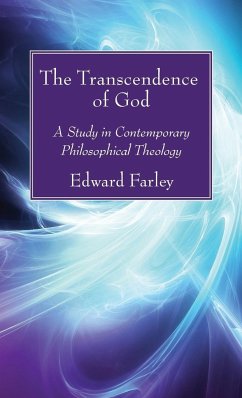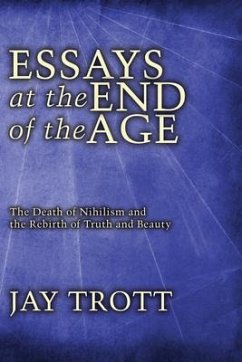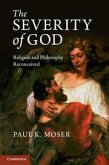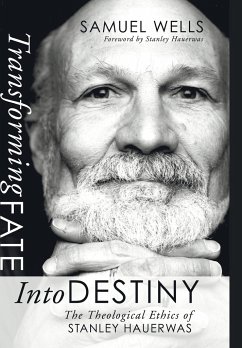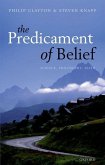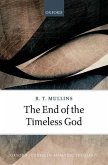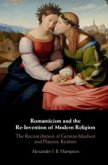In the varying perspectives of theological thought the contrasting ideas of transcendence and immanence must inevitably be looked at together. To whatever extent they are held to be mutually compatible or mutually exclusive, neither can be considered without at least some cognizance being taken of the other. Nevertheless, in the swinging of the pendulum from era to era, first one and then the other theme receives the greater weight of attention. Thus, nineteenth-century liberalism placed more emphasis on immanence, whereas the twentieth-century revolt against liberalism has concentrated on transcendence. In this book the author studies the transcendent aspect of God as developed by five contemporary theologians. Two of the men whose work Dr. Farley examines, Reinhold Niebuhr and Paul Tillich, are thoroughly familiar. The other three, Karl Heim, Charles Hartshorne, and Henry Nelson Wieman, have received less attention in recent studies. The five represent widely divergent traditions, but all of them agree in opposing immanentism. Moreover, they all deal with the tension between the philosophical and the Biblical affirmations of God's transcendence, and attempt to show, in their respective ways, how these types of ""beyondness"" are related.
Hinweis: Dieser Artikel kann nur an eine deutsche Lieferadresse ausgeliefert werden.
Hinweis: Dieser Artikel kann nur an eine deutsche Lieferadresse ausgeliefert werden.

